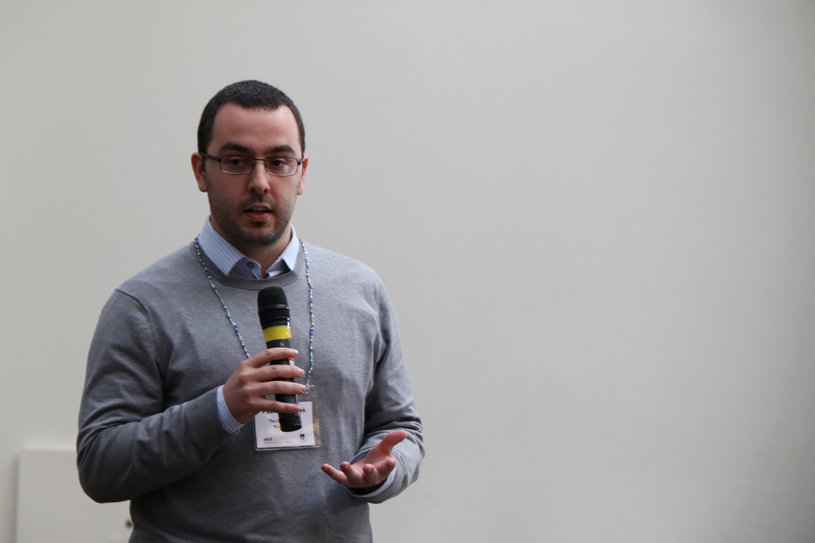
In Conversation: Dr Pablo Yanguas and Chris Jordan
Dr Pablo Yanguas, Research Associate at ESID, sat down with GDI’s Communications and Impact Manager Chris Jordan, to talk about the politics of aid and whether DFID fund Obamacare if the US was a developing country. They also chat about Trump, the Daily Mail, internationalism, pedagogy of aid, political courage, and of course Dr Yanguas’s upcoming book, Why We Lie About Aid.
read more…
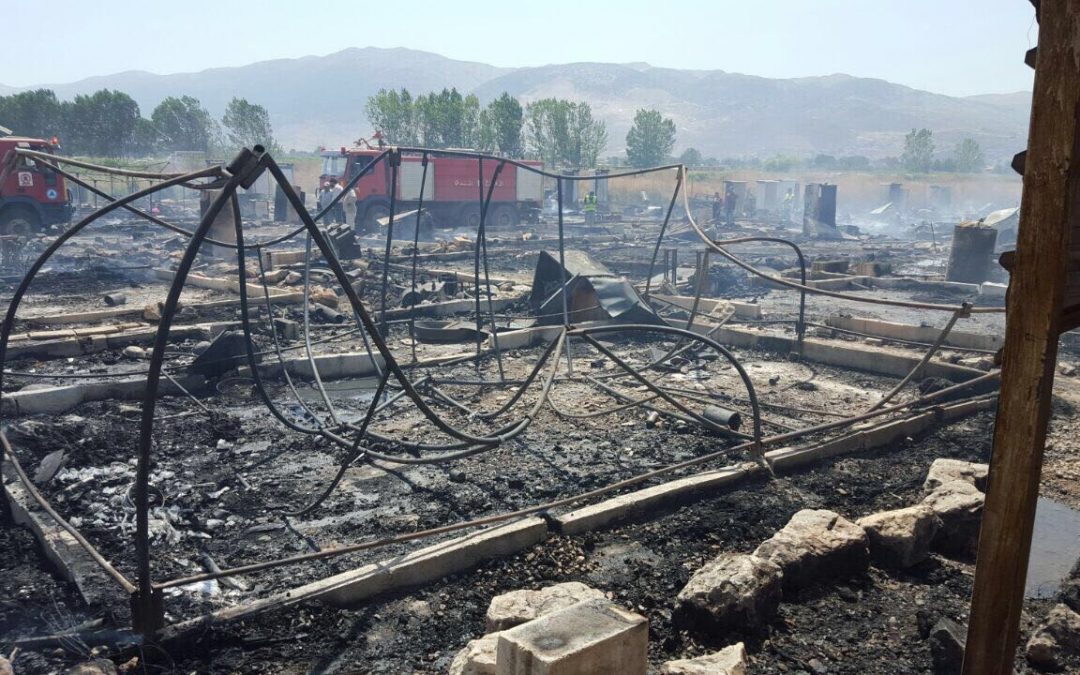
Operation Florian in Lebanon: gendering fire risk among refugees
Dr Helen Underhill, Global Development Institute, University of Manchester
In July, I accompanied Operation Florian – volunteers from the UK Fire and Rescue Services and affiliated to UK Fire Aid – to Lebanon as part of their humanitarian response in informal settlements. Largely led and supported by Save the Children Lebanon, the trip focused on supporting local NGOs in the design and delivery of fire risk and prevention training to refugee communities living in camps (informal tented settlements – ITS) and substandard buildings (SSB) in the Bekaa Valley. Travelling shortly after the Grenfell Tower fire in London, I was reminded that, even in a country like the UK that has made huge progress in reducing the number of fires, it is the most vulnerable within our communities that still face the greatest risk. The trip with the Operation Florian team demonstrated that the injustices of fire exist in even the smallest communities.
Upon arriving into Zahle, the town in which we would be based, the importance of highlighting fire risk and prevention within communities living in informal settlements became even more stark: whilst transiting the 45km from Beirut, a fire swept through one of the ITS, destroying all 102 tents and killing a two-year-old boy. The following day, a neighbouring ITS suffered a similar tragedy, with a six-year-old girl being killed when a tyre (used to weight the plastic sheeting in place) fell from the roof and trapped her in the burning structure. Having spoken with survivors of the first fire and learning of the importance of creating a fire break, the community leader had been able to limit the second fire’s path and it burnt down just 19 of the 120+ tents. Having already fled war in neighbouring Syria, the refugees in these two settlements face the challenge of, once more, having to build their lives. read more…
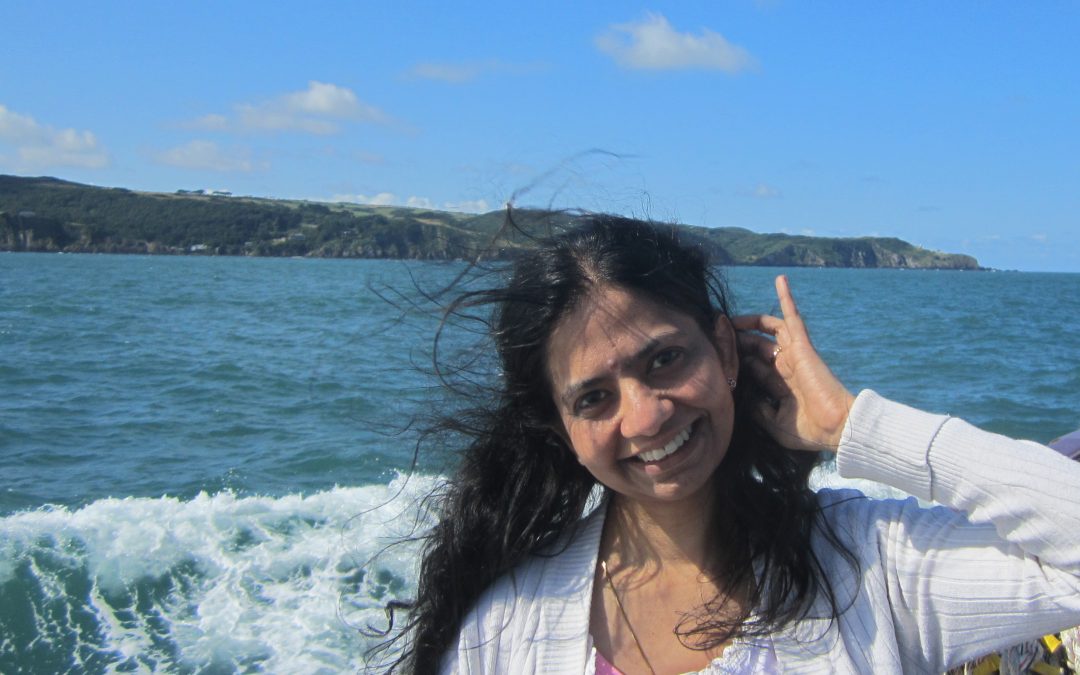
In loving memory of PP
Nobody wants to write an obituary about a dear friend, especially when they die young and unexpectedly. But sadly that’s exactly what this is. Purnima Purohit, or just PP as friends of the PhD affectionately knew her, completed her PhD in GDI between 2009-2013. She was a character, and a very popular character within GDI and the ‘Arthur Lewis PhD crowd’ and beyond! Tragically, she suffered a sudden and severe headache caused by a subarachnoid haemorrhage, and fell into a coma on August 5th. She lay there, surviving only on life support until her brother arrived from India, and had to make one of the most difficult decisions a person can face – to turn off the machines. On Monday August 14th the doctors said there was “no hope” and she took her last breath. Her funeral took place in Glasgow on Monday August 21st and many of her PhD friends travelled there to say farewell.
Some of us who became friends with PP during the PhD would like to share a handful of our memories about this fantastic woman.

The principled PhD?
Judith Krauss, is an Honorary Research Fellow at the Global Development Institute. She is now Director of Studies for Sustainability.
Judith’s PhD used in-depth fieldwork in Europe and Latin America to investigate cocoa sustainability initiatives and the environment, incorporating voices from cocoa producers via civil society to consumers and companies. In this blog she offers her tips to those studying for their PhD.
After I passed my PhD defence in March 2016 (thank you God), friends in earlier PhD stages jokingly tried to see if I could somehow rub off on them. This is the hope of this post – sharing some thoughts on (surviving) the journey. Naturally my PhD principles are specific to my department, the Global Development Institute and discipline of development studies, but I nevertheless hope some observations will be useful to everyone on a PhD journey.
Work on your supervisor relationship(s)
There is a fundamental asymmetry worth recognising: whereas you work almost exclusively on your thesis, your supervisors will have several candidates to supervise, research to conduct, students to teach, books to write, etc. You are entitled to supervision, but try to be respectful of supervisors’ time: meet deadlines, negotiate when they will have time to read your work, both of which is in your own interest.
Clarify your relationship from the outset – what are the terms of engagement with primary/secondary supervisors? This may also involve telling your supervisors what kind of supervision you need from them. To relate across all differences in personalities and background, having continuous, open conversations from the beginning are crucial. read more…
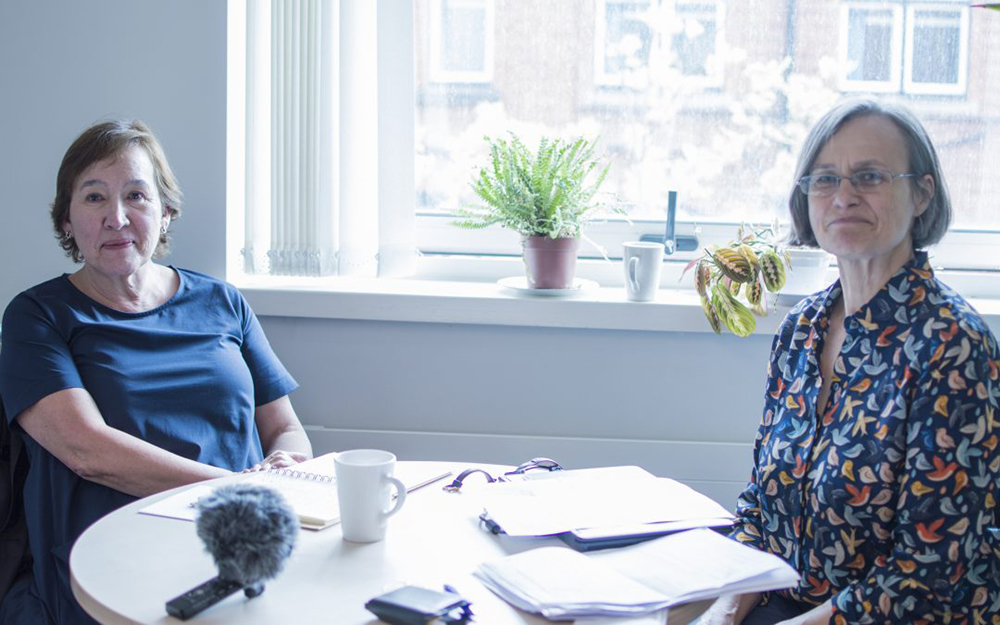
In Conversation: Dr Mercedes González de la Rocha and Prof Diana Mitlin
In this episode, Prof Diana Mitlin, Managing Director of GDI, and Dr Mercedes González de la Rocha, an anthropologist and sociologist at CIESAS and an alumna of the University of Manchester, discuss inequalities, clustered disadvantages, urban social isolation, why Dr González de la Rocha loves Immanuel Wallerstein’s definition of income. They also discuss Dr González de la Rocha’s research on poverty and vulnerability in Mexico, including the ten-year research project she led to evaluate the impact of Mexico’s conditional cash transfer programme Oportunidades (now called Prospera).
read more…
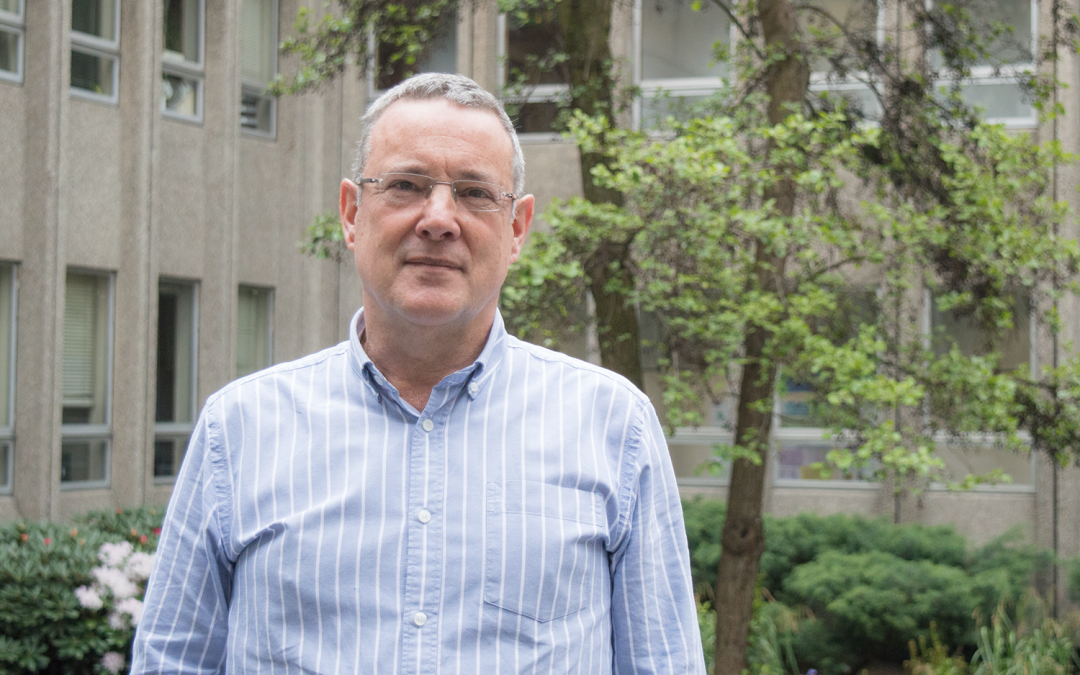
Staff Spotlight: Professor Phil Woodhouse
Phil Woodhouse is Professor of Environment and Development at GDI, and Director of the Rory and Elizabeth Brooks Doctoral College, and a Managing Editor of the Journal of Development Studies. He told us about his research, his science background, and of course GDI’s PhD researchers.
What is your research background?
I did a degree in Agricultural and Forest Science at Oxford, followed by a PhD in Soil Science at the University of Reading. After graduating, I went to Tanzania for a few months – partly because I just wanted to get out of England at the time – and then got a job in Mozambique working at the National Agronomy Research Institute as a soil scientist, assessing soil fertility problems in various parts of the country. I became interested in what stops farmers from being productive, trying to understand what the constraints were, specifically: (1) as a soil scientist, how to manage soils in such a way that you retain more water, for example, after intense rains that run off the surface without reaching the roots of the plants, and (2) whether the solution could come from diagnostic work of interdisciplinary teams of scientists. I joined the Food and Agricultural Organisation (FAO) as a regional co-ordinator for a farming systems research project in Mozambique.
When I left Mozambique, I continued to look at similar issues initially focusing on Senegal, while based at the Open University, before I joined The University of Manchester in 1990. Since then I’ve been researching how farmers manage water in agriculture, and, since this is often an issue that demands management beyond the scale of an individual farm, the scope of collective action. This has led me into the social sciences: how do people organise, how do they get access to land, what are the land tenure rules, how do those rules change when people develop new technologies?
As the debates around agriculture and water have evolved over the years, the overall problem is still the same: how do you better manage water to improve productivity of farming, and what does that mean for the local communities and the benefits they receive? read more…
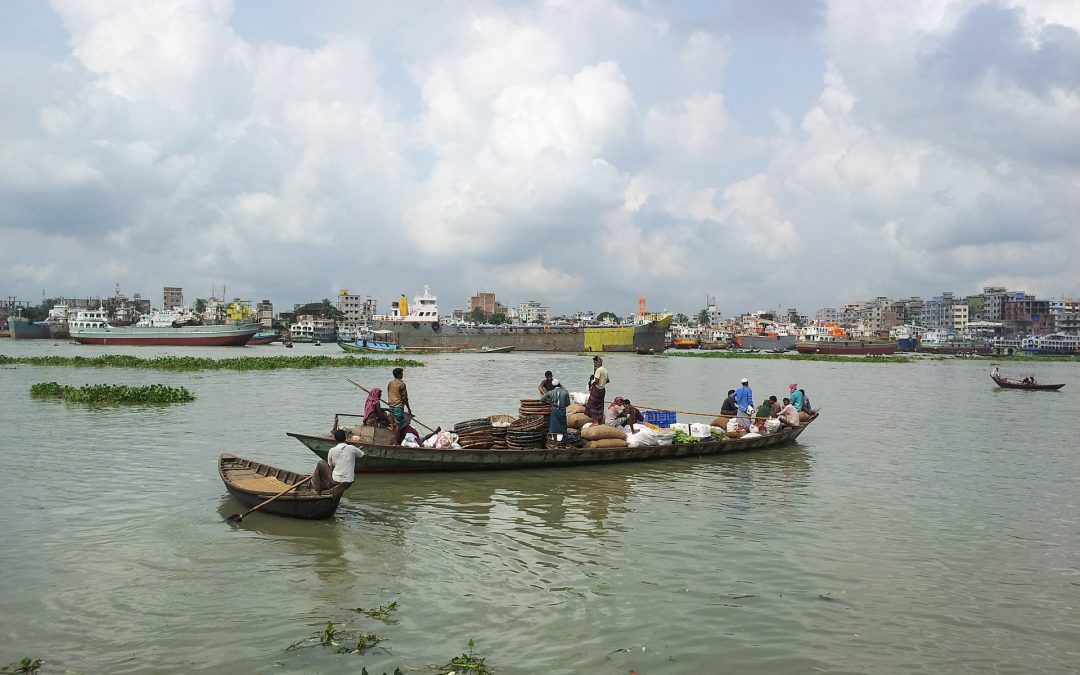
Summer research roundup
Over the last few months our researchers have published a number of books, articles and conference papers.
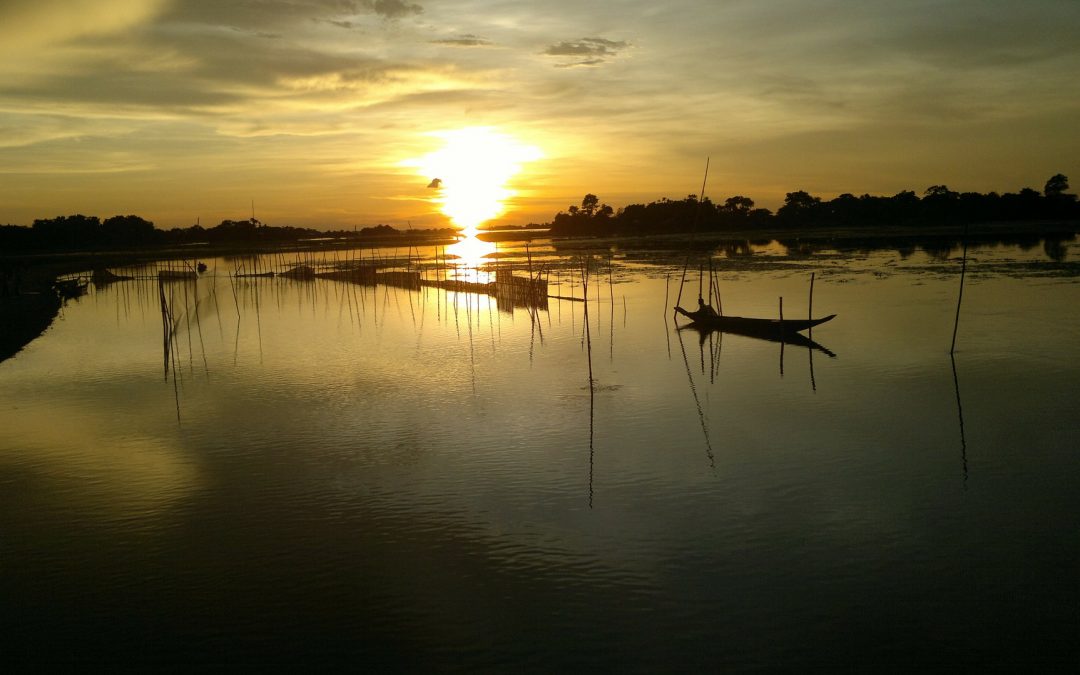
How are Digital Financial Services used by poor people in Bangladesh?
By Stuart Rutherford, Honorary Research Fellow at The Global Development Institute
In developing countries like Bangladesh, Digital Financial Services (DFS) usually refers to transactions made over the mobile phone, using variants of the system pioneered in Kenya by m-Pesa.
There is much optimism that DFS can revolutionise financial inclusion: for example, the incoming CEO of CGAP recently said that ‘what took banks over 100 years to do in Africa has been achieved by mobile operators in 10’. Others are far more cautious, pointing out that just having a mobile money account doesn’t mean someone is ‘financially included’ and that the range of services offered by DFS still falls short of the real needs of low-income people.
In this context, we looked at what the Hrishipara Daily Diaries show us about DFS use in central Bangladesh: read more…
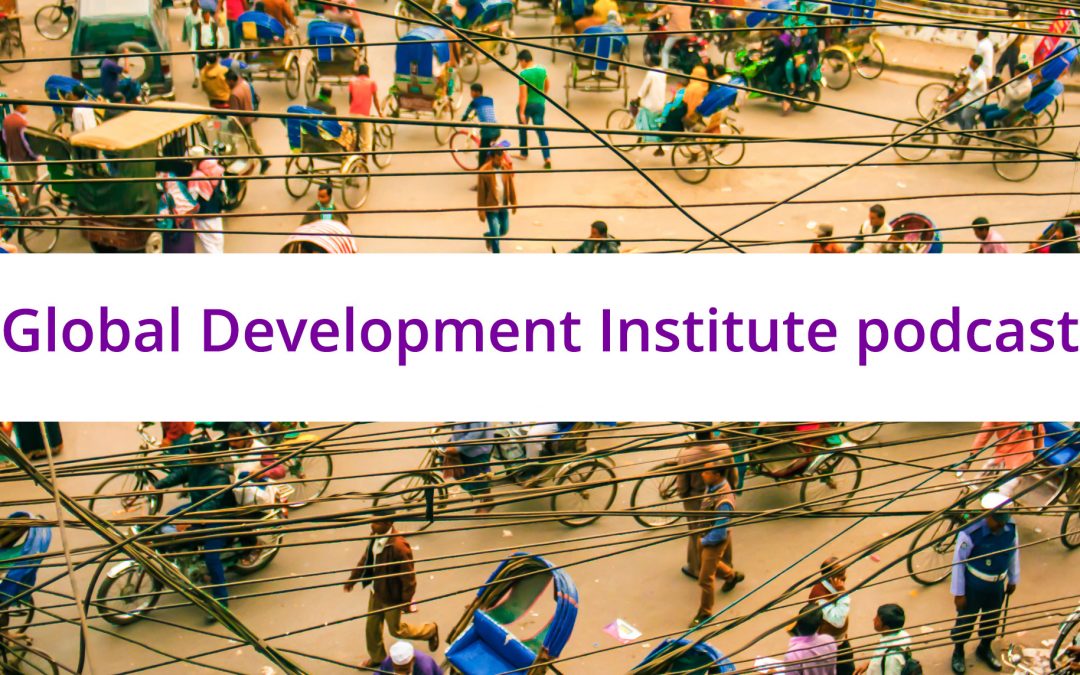
Global Development Institute launches its brand new podcast
The Global Development Institute (GDI) has launched a brand new podcast series bringing listeners the latest thinking, insight and debate in development studies. The series will feature lectures, seminars and workshops from across the Institute as well as discussions between world leading experts in development studies.
The first few episodes are online and include GDI Executive Director Prof David Hulme on his book, ‘Should Rich Nations Help the Poor?’ and Director of the International Centre for Climate Change and Development (ICCCAD) Dr Saleemul Huq on how the least developed countries are negotiating climate change with the UN.
Upcoming episodes will feature a lecture from Prof Richard Heeks on the move from ICT4D to ‘Digital Development’ and a conversation between Prof Diana Mitlin and Dr Mercedes González de la Rocha on urban development and inequalities.
If you have any topics or GDI academics you’d like to hear from then let us know!
You can subscribe to the podcast on
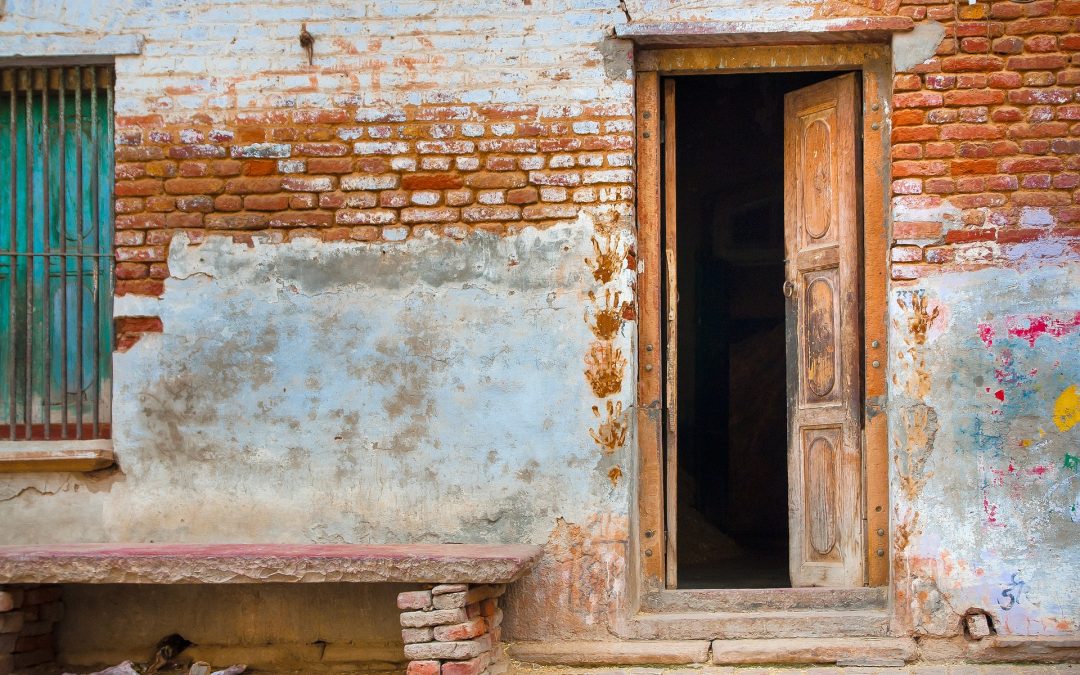
What factors affect the occurrence of crimes against women in India?
By Geetika Dang, Vani S. Kulkarni and Raghav Gaiha
One in three women throughout the world experience physical and/or sexual violence from a partner. In South Asia, the figure rises to nearly 40%.
In India, the incidence of serious crimes against women, including rape, kidnapping and abduction, dowry deaths, and cruelty by husbands and relatives, rose by about a third between 2001 and 2015, according to National Crime Records Bureau reports. Of the 313 crimes committed against women in India each day in 2015, around 30% were instances of rape (including the intent to rape).
Yet, the conviction rate for crimes against women is low, currently at 21%. The high and rising number of crimes committed against women combined with the fact that most of the perpetrators remain free, shows that women in India are very vulnerable to serious violent and sexual crime. However, the vulnerability of women varies enormously across states. read more…
